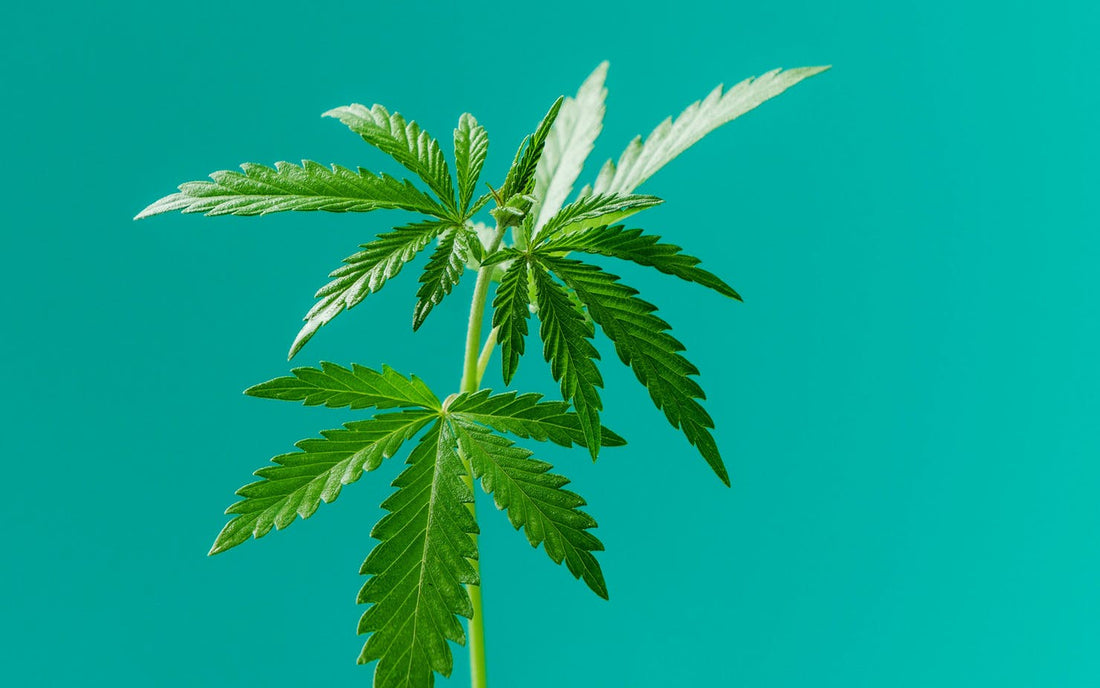
What determines the psychoactivity of cannabinoids?
THC is one of the most abundant cannabinoids in marijuana. Due to the prevalence of THC, many myths and various stereotypes related to cannabis have arisen over time. As we already know, THC is psychoactive, while CBD and CBG are non-psychoactive, meaning they do not affect the psyche. But the question arises, what determines their impact properties?
.
First of all, we will take into account the peculiarities of our body, and more precisely, the endocannabinoid system, which developed a long time ago. This body system contains CB1 and CB2 receptors. These receptors are responsible for different functions. CB1 receptors are more common in our central nervous system (brain) and are responsible for motor activity and cognitive functions of the brain. CB2 receptors are found in the peripheral nervous system and are involved in our immune system. Two sentences cannot fully describe it, so the endocannabinoid system has been dedicated to a separate article.
.
So to answer the question of whether any cannabinoid will affect the psyche, one must ask what receptors it interacts with. For example, THC interacts with CB1 receptors and therefore has psychoactive properties, while CBD interacts with CB2 receptors and is responsible for regulating dreams, pain perception, etc.
In addition, CBD can reduce the intensity of CB1 receptor stimulation. Simply put, CBD weakens the effects of marijuana. CBD can reduce anxiety and forgetfulness. Also, CBD can help get rid of the addiction associated with THC use.
Thus, the psychoactivity of cannabinoids is determined by which receptors they interact with. If the cannabinoid binds to CB1 receptors like THC, then the human psyche will be affected, and if it binds to CB2 receptors, then the cannabinoid will not be psychoactive and will act as a sedative.
